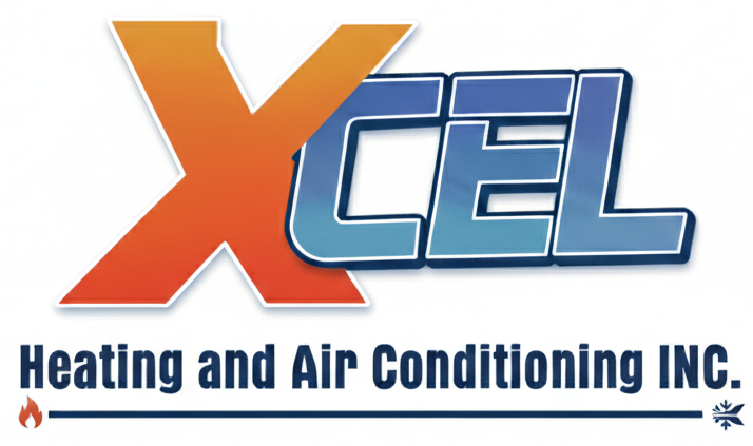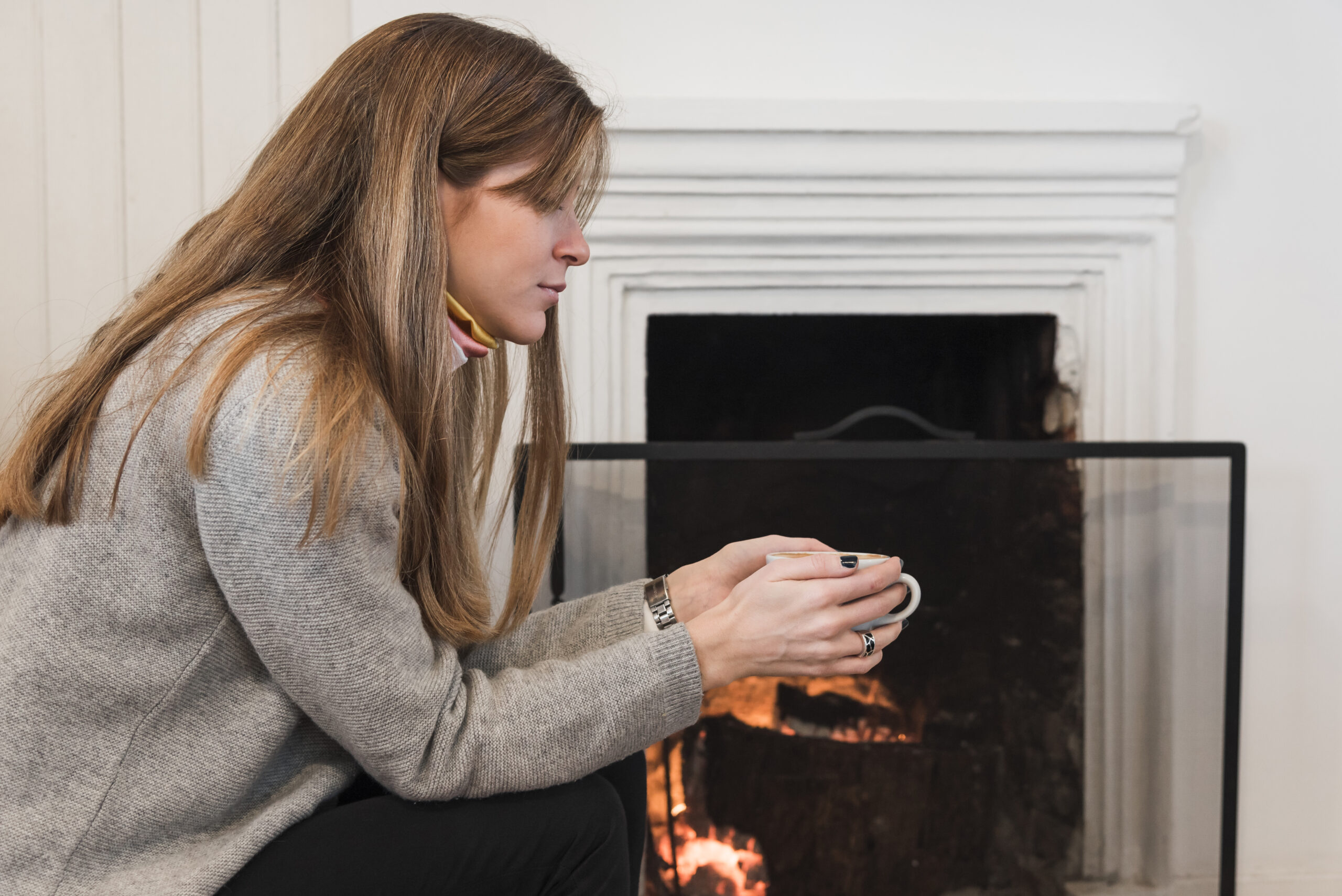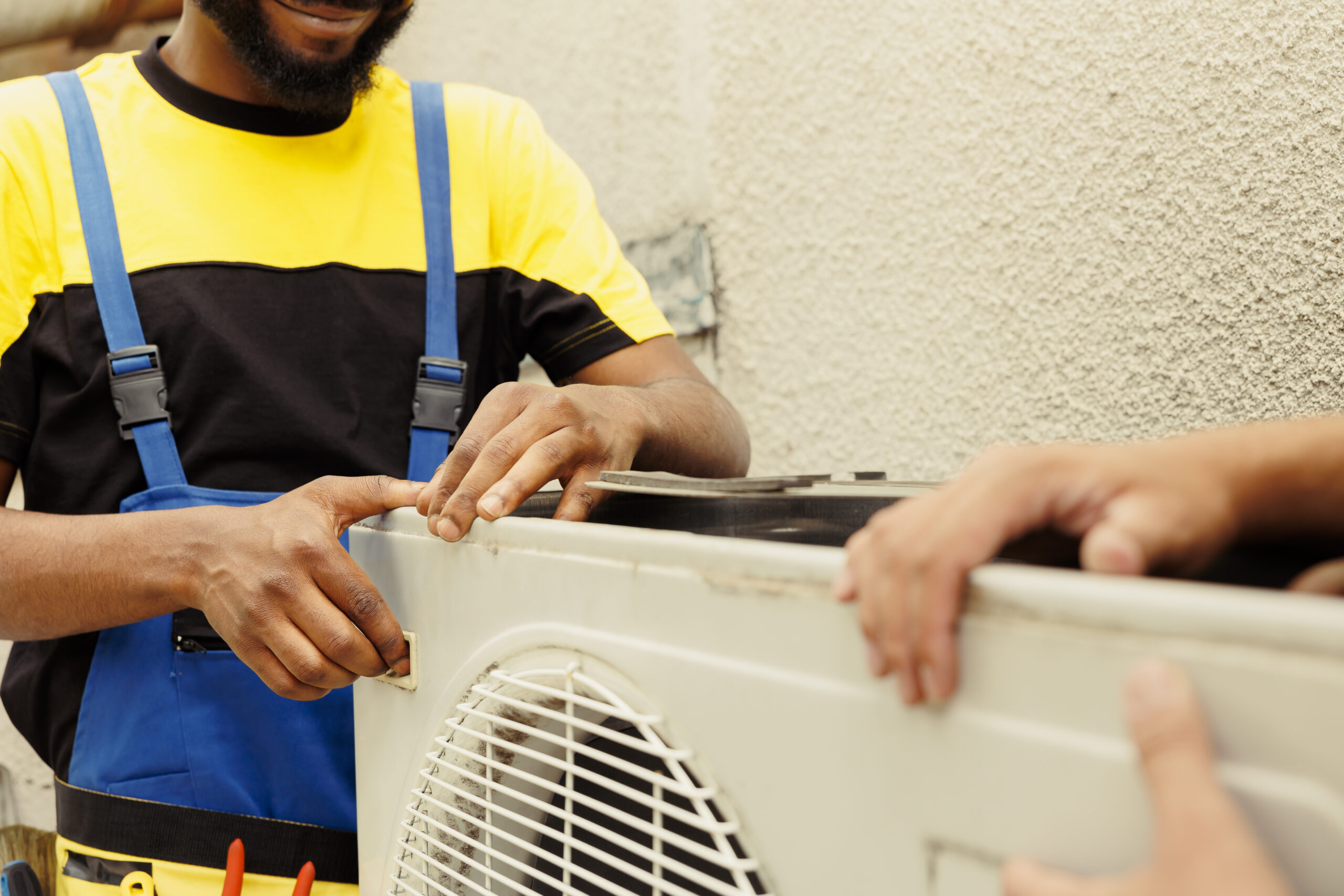Indoor Air Quality Pleasant Hill: HVAC Solutions for Cleaner Indoor Air During Wildfire Smoke Season
When wildfire season hits California, families know to prepare for the worst. But while flames may burn far away, smoke rarely respects boundaries. Fine ash and toxins drift into neighborhoods quickly, causing health issues and disrupting daily life. For that reason, indoor air quality Pleasant Hill households rely on has become just as important as food, water, and safety planning.
The truth is simple: wildfire smoke will find a way into your home unless you create defenses. And the strongest defense is a properly managed HVAC system. With the right HVAC solutions, homeowners can enjoy cleaner indoor air and peace of mind even when outdoor skies are filled with haze.
This guide will walk you through proven strategies — from filter upgrades to purification systems — to ensure your family breathes healthier, safer air.
Why Indoor Air Quality Matters During Wildfire Season
Wildfire smoke contains microscopic particles known as PM2.5 — pollutants small enough to pass through nose hairs, lodge deep in the lungs, and even enter the bloodstream. These particles cause irritation, headaches, fatigue, and long-term respiratory risks. For children, seniors, and anyone with asthma, poor indoor air quality Pleasant Hill homes experience during fire season can be especially dangerous.
The challenge is that most homes are not airtight. Cracks in windows, loose ductwork, and ventilation systems can all act as pathways for smoke. Your HVAC system becomes both a risk and a solution: if neglected, it spreads pollutants; if optimized, it acts as a shield.
Upgrade Your Filters
One of the most effective upgrades you can make is to install high-efficiency filters. Standard filters stop dust and hair, but they are ineffective against fine smoke. Experts recommend MERV 13 or higher to capture harmful particles. For families seeking maximum protection, MERV 16 or even HEPA-grade filters are available.
However, high-efficiency filters restrict airflow, which can strain your HVAC system. Professional installation is key to achieving the right balance between performance and protection. Our Pleasant Hill HVAC specialists assess your system, recommend the right filter, and ensure it runs efficiently while improving indoor air quality Pleasant Hill homeowners count on.
Seal Leaks in Ductwork
A hidden culprit for smoke infiltration is leaky ductwork. Ducts that run through attics or crawlspaces often pull in contaminated air, allowing wildfire smoke to circulate indoors.
By sealing and insulating ducts, you prevent this contamination while improving efficiency. The result? Lower bills, better performance, and significantly cleaner indoor air. Duct sealing is one of the most overlooked yet powerful ways to protect indoor air quality Pleasant Hill homes require during smoke season.
Add an Air Purification System
While filters trap particles, whole-home air purifiers actively neutralize pollutants. The best models use a combination of HEPA filtration and activated carbon, which captures smoke odors and harmful chemicals.
When paired with upgraded filters, purifiers deliver layered defense — particles are captured, gases are absorbed, and odors are eliminated. This dual action keeps Pleasant Hill HVAC systems working at their peak and ensures families enjoy cleaner indoor air, even on the smokiest days.
[Learn about XCEL Air Quality]
Run Your HVAC System Wisely
Technology alone isn’t enough; habits matter too. Pleasant Hill homeowners should follow these guidelines during fire season:
-
- Keep windows and doors closed at all times during smoke events.
-
- Set the system to recirculate instead of pulling outdoor air.
-
- Change filters more frequently, as they clog quickly when smoke is heavy.
-
- Create a clean air zone with a portable purifier in bedrooms or family rooms.
Together, these practices maximize the benefits of your HVAC system and ensure indoor air quality Pleasant Hill families enjoy remains safe.
Maintenance Tips for Year-Round Benefits
Preparing your HVAC system for wildfire season has lasting benefits. Routine maintenance not only reduces smoke infiltration but also improves daily comfort. Here are proactive steps every Pleasant Hill homeowner should take:
-
- Schedule bi-annual inspections to ensure your system runs efficiently.
-
- Keep outdoor units clear of debris to maintain airflow.
-
- Replace filters seasonally — not just during smoke events.
-
- Ask your HVAC provider about humidity control systems, which can reduce airborne particle spread.
These steps extend system life while keeping air quality high year-round. Healthy indoor air quality Pleasant Hill families enjoy is not just a seasonal priority — it’s a lifestyle upgrade.
Health Impacts of Poor Indoor Air
Ignoring indoor smoke exposure can have consequences beyond irritation. Studies show links to increased hospital visits, worsened asthma, and long-term respiratory damage. Even short exposure can cause headaches, dizziness, and reduced sleep quality.
That’s why indoor air quality Pleasant Hill families breathe is more than a comfort issue — it’s a public health concern. Protecting your home is protecting your future.
Community Resources in Pleasant Hill
Local agencies often provide air quality alerts and resources during fire season. Homeowners should sign up for Bay Area Air Quality Management District alerts and track AQI levels daily. When outdoor air quality drops, taking immediate action with your HVAC system ensures cleaner indoor air indoors.
For added peace of mind, our team offers indoor air testing to identify pollutants and confirm your system’s defenses are working.
When to Call for Professional Help
Even with preparation, smoke can sometimes linger. If your home smells smoky or if family members experience ongoing respiratory symptoms, professional help is essential. Our indoor air quality Pleasant Hill specialists perform:
-
- Full duct inspections
-
- Filter and purifier installations
-
- Air quality testing
-
- System cleaning and performance checks
These services guarantee your HVAC system is ready for both fire season and everyday use.
FAQs
Do regular HVAC filters block wildfire smoke?
Not effectively. Only MERV 13 or higher provides protection.
How often should I change filters during fire season?
Every 30 days, or sooner during heavy smoke.
Will an air purifier remove smoke smells?
Yes, especially carbon-based purifiers.
Can I run AC when it’s smoky outside?
Yes — but keep it on recirculate mode to protect indoor air quality Pleasant Hill homes.
Does sealing ducts really matter?
Absolutely. It stops polluted air from entering the system.
Can professional HVAC cleaning reduce smoke residue?
Yes. Cleaning removes trapped particles and odors, improving overall system performance.
Protect Your Air This Wildfire Season
Don’t wait until your home smells smoky. With upgraded filters, sealed ducts, and purification systems, Pleasant Hill homeowners can ensure cleaner indoor air throughout the season. Proactive HVAC solutions provide the shield your family needs when outdoor conditions turn hazardous.
The key is preparation. Protecting indoor air quality Pleasant Hill families need most is not optional — it’s essential.📞 Call +1-925-433-6400 or ✉️ email info@xcelhvac.net to schedule your professional inspection and make your home a safe haven this wildfire season.


